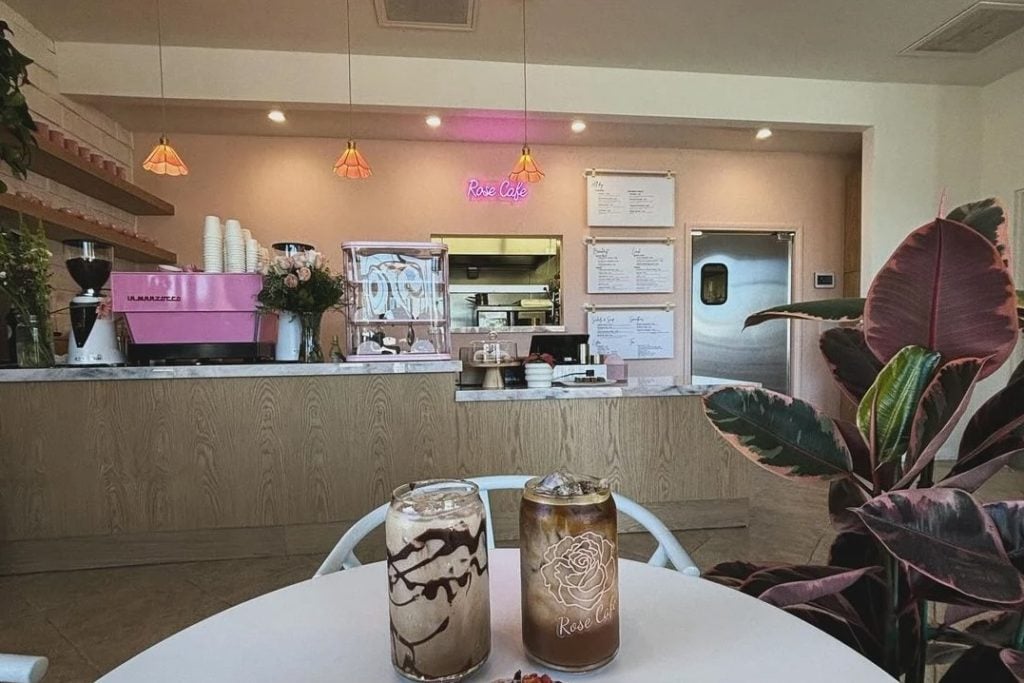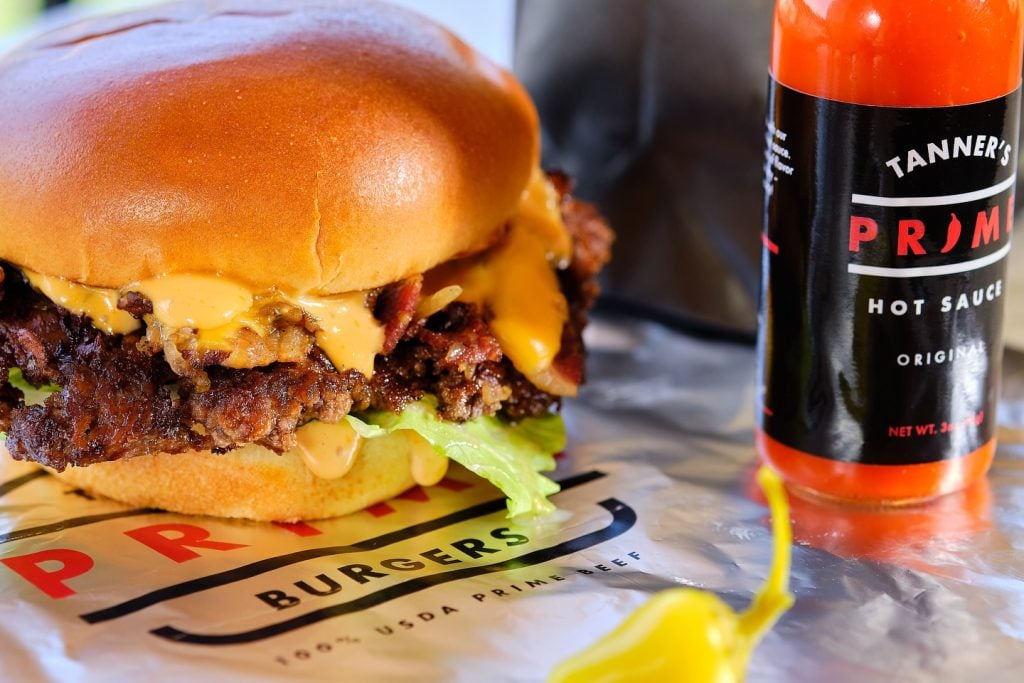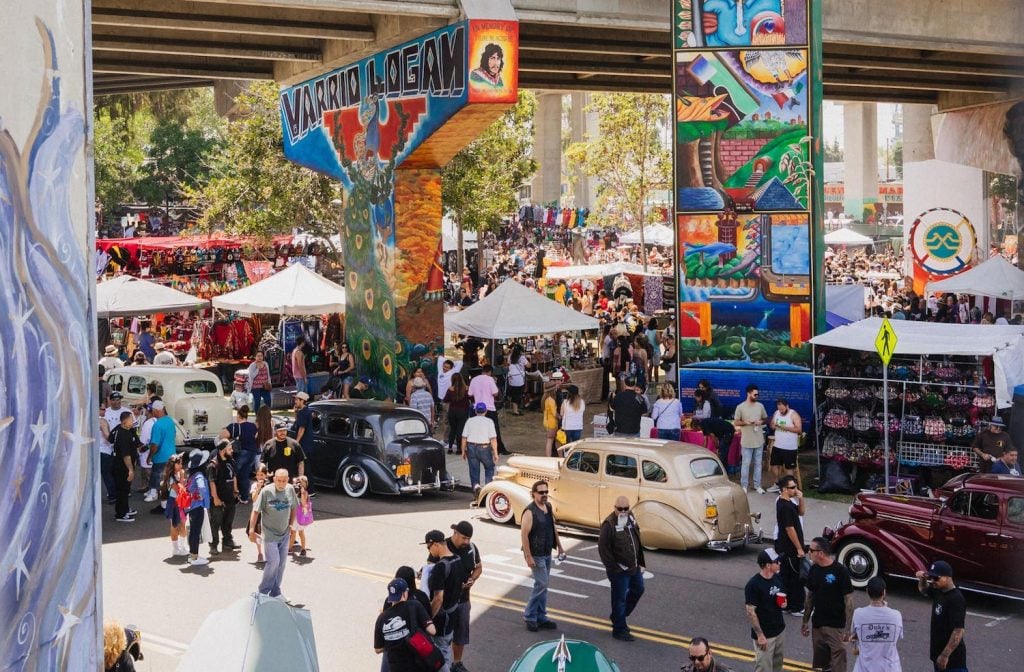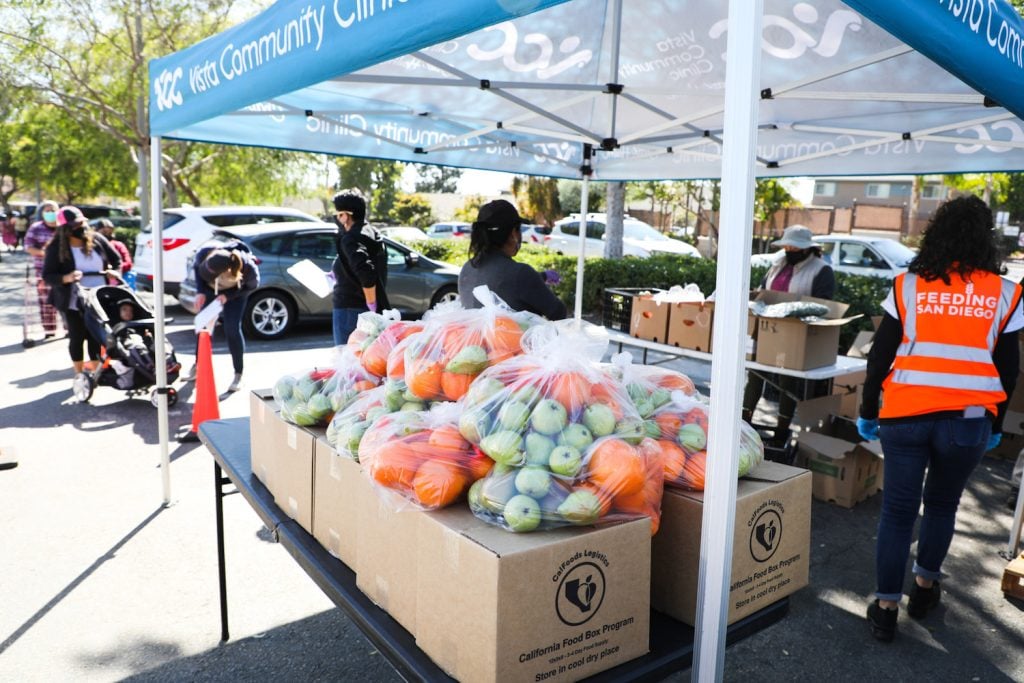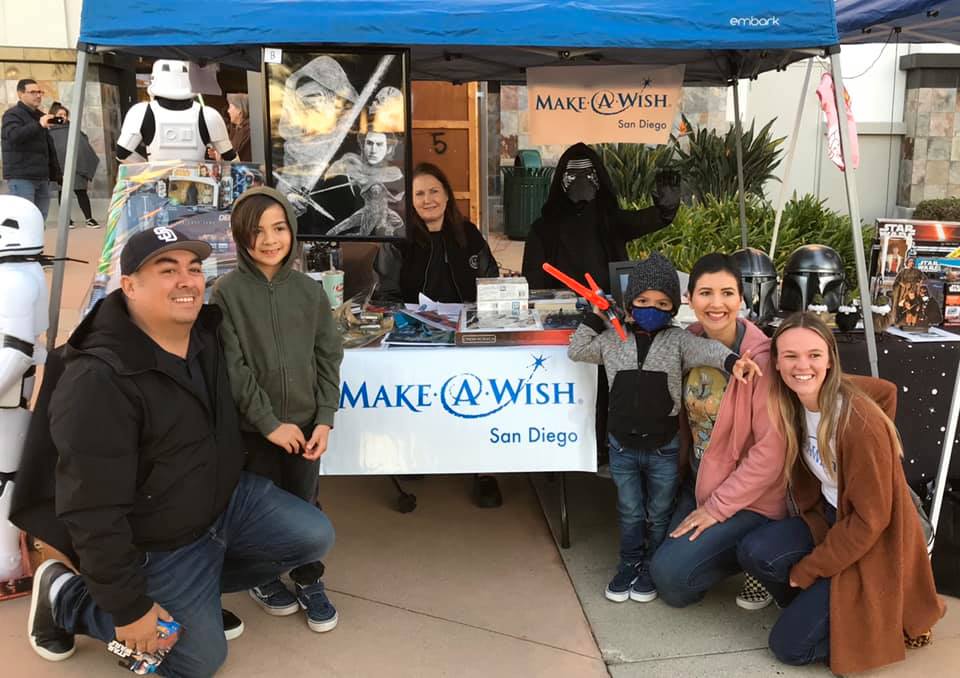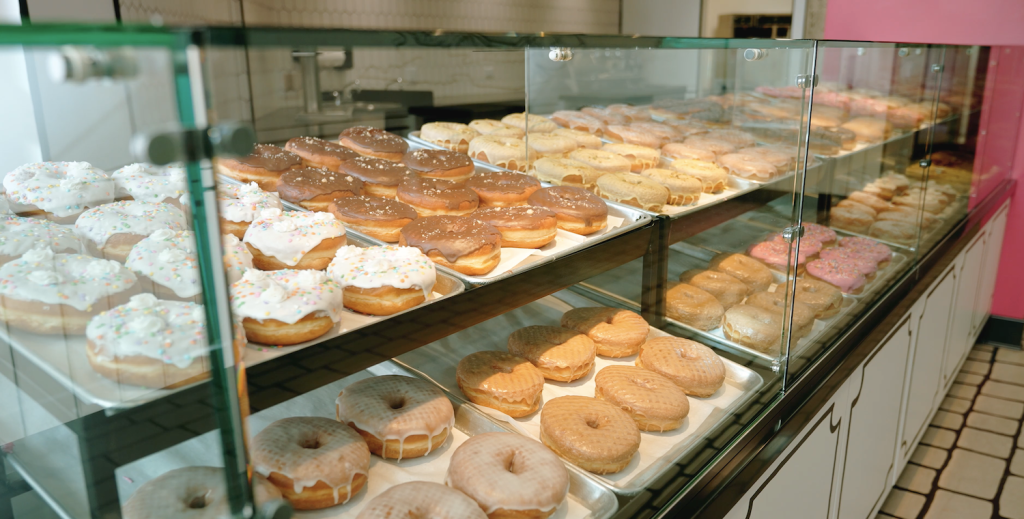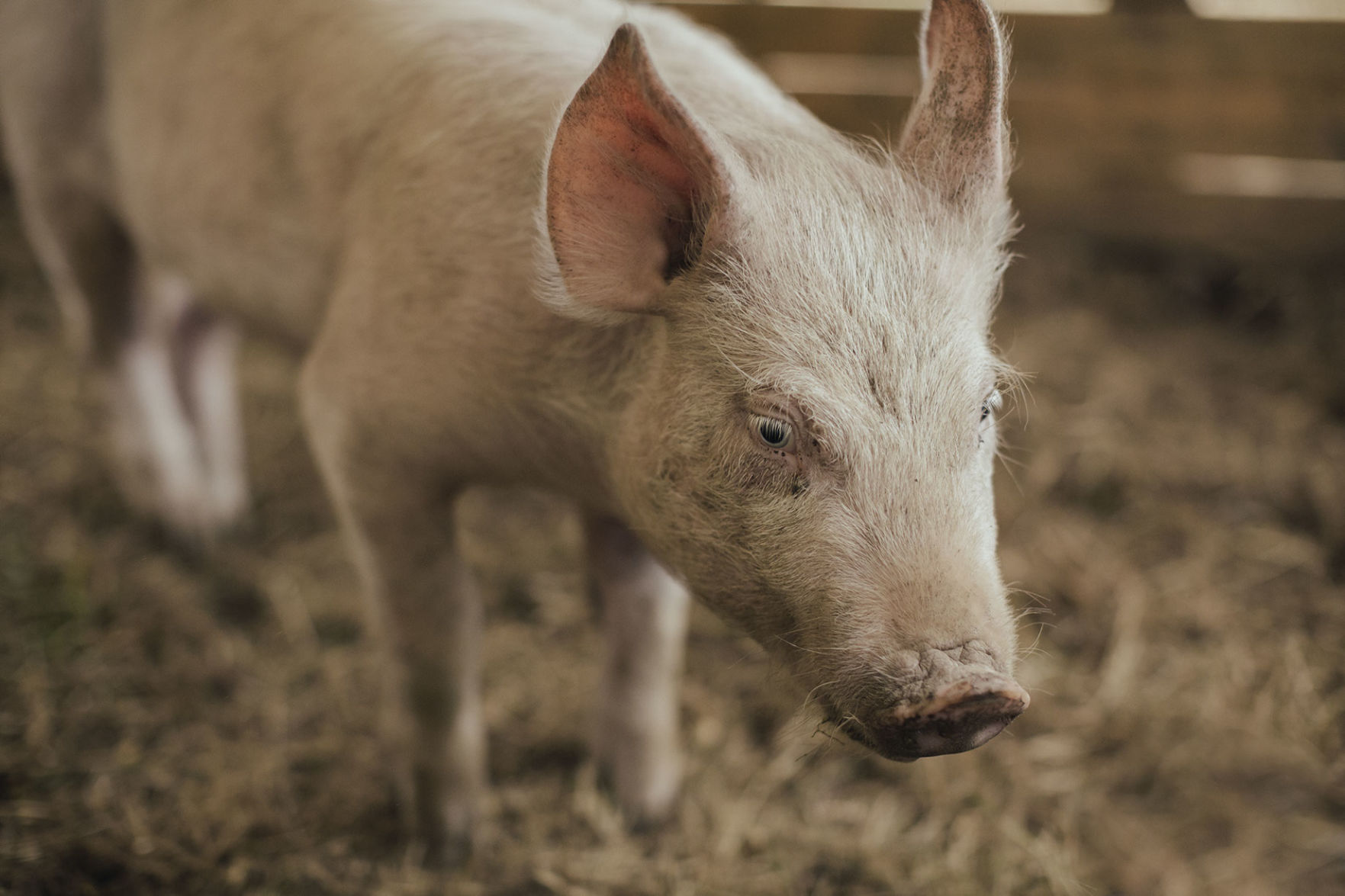So I had what I felt was a brilliant food idea this week. Turns out it’s not new. And it’s probably impractical and possibly even crap. But it’s a start to a solution to a major problem with San Diego’s food system.
The idea stems from my recent interview with local rancher Jack Ford about the fact that San Diego doesn’t have a local USDA-approved slaughterhouse.
That means, by and large, we San Diegans can’t eat our own meat. We’re talking ethically raised meat. Hormone- and antibiotic-free meat. Delicious, healthy meat. Animals that were cared for, given a good life, and killed by expert ranchers in the most humane way possible.
And yet we can’t eat it. On a gut level, that seems wrong, doesn’t it?
As someone who cares about food, ecology and local culture, I want to groupthink a solution. It’s one of the action items for the Berry Good Food Foundation, for which I’m an advisor.
In order for meat to be sold at restaurants or retail, the animals must be loaded into trucks and driven hundreds of miles to the nearest USDA-approved slaughterhouse in Riverside, or Modesto. During the drive, the animals get so stressed out that their meat gets tainted from cortisol. Ford reported his pigs would lose 15 percent of their body weight (or more) from the stress.
So most ranchers don’t bother. And that means San Diegans can’t eat local meat. You can, but you have to buy the whole, half or quarter animal live, hire the farmer to kill it for you, then have it professionally butchered or do it yourself. Or you can buy a half-or quarter-animal through a meat co-op like Meat San Diego. Many consider buying whole animals the pinnacle of ethical meat eating: using every part and developing a direct relationship with the farm. But let’s face it: not everyone has the $300 or the freezer room for such bulk buys.
There has to be a better solution, right?
I’ve seen ethical ranchers humanely kill their own animals. I’ve eaten meat from dozens of these animals. I’ve never gotten sick. Not once.
In fact, I’ve studied both USDA-approved slaughterhouses and ethical local ranches. Knowing what I know, I’d rather serve my family meat from an animal that was killed in the dirt at a quality local ranch. Years of my own research points to it being healthier, safer meat.
And the USDA says I can’t eat it.
This is not an anti-USDA screed. It’s a pro-solution screed. The USDA does some things very right. They save lives. But I think we’re being overprotective in regards to local meat. (In fact, my argument is that in their effort to “protect” people, the USDA is actually preventing them from eating the healthier meat).
That brings me to my idea. What about an “At Will Restaurant Program?” The USDA allows restaurants or retailers to buy local meat that was killed directly on the ethical, local ranch. The restaurant would announce to diners that it serves non-USDA meat. Us diners could sign a waiver, absolving the restaurant of any liability.
Can’t I just tell the USDA that I want to eat this meat? Thanks for trying to protect my health, USDA sir. But, as someone who studies food, I’ve concluded that animals raised and killed on responsible local ranches is safer, more environmentally friendly and healthier than what you’re forcing me to eat.
“It wouldn’t work, it’s too political,” says Derek Stephens, a local meat consultant. “I think the health department does a great job. The amount of people we feed and the amount of people who get sick is impressive. Even if you sign a contract, someone’s going to find a way around that contract.”
“I love the romanticism of it all,” says Jeff Jackson, executive chef of A.R. Valentien, one of San Diego’s first champions of local bounty. “But I would be very concerned that people would make people sick. I used to work at restaurants where hunters would come up to the kitchen and drop off a deer or a wild boar that they’d just killed. It was great. But you do not have young chefs who are classically trained anymore. Very few have gone through the rigors of that classical French kitchen and really know the science. I’d worry that they’d start making salumi and people start dropping dead outside of the restaurant.”
That said, A.R. Valentien does occasionally get customers who caught their own fish, and ask Jackson and his chef de cuisine Kelli Crosson to cook it. The restaurant makes the diner sign a legal waiver, and they do. That’s completely legal.
So why can’t we all sign waivers for beef, pork, lamb, goat, chickens—everything?
“I’d totally do it,” says Jeff Rossman, chef-owner of Terra American Bistro. “As a chef I’m going to be all for it. As a restaurant owner, I’ve got to think about people shutting me down. But if there were no repercussions, I’d totally do it.”
Jackson’s notion of inexperienced chefs killing us with their mishandling of meat is a very real concern.
So how about another solution? In cities like San Diego that don’t have a USDA slaughterhouse, how about the USDA sanctions a few of our top, ethical, humane ranches to do on-ranch killings and sell the meat to retail and restaurants?
The problem with slaughterhouses on a small scale is that they’re not profitable. San Diego’s ranching industry isn’t big enough to supply the necessary break-even volume. And figuring we’re short on water and grass in San Diego, we wouldn’t want that many food animals on our local lands. In order for San Diego to eventually get a slaughterhouse—or even a mobile slaughterhouse, like the one the USDA helped fund for the New York ranching community—it would most likely have to be a nonprofit endeavor. A city service of sorts.
Maybe one of our big philanthropic people or organizations—like Conrad Prebys, Joan and Irwin Jacobs, Darlene Shiley, Ernest and Evelyn Rady, the Joan Kroc Foundation or the Leichtag Foundation—will see the importance of healthy, local meat and fund the operation.
How phenomenal would it be if the Kroc family—whose fortune came through McDonald’s burgers—funded a route for local, sustainable, progressive meat culture in San Diego?
Here’s the truth. Right now, a lot of San Diego’s top restaurants are serving “illegal” local meats. They are serving “illegal” cheese made in-house. They are serving “illegal” charcuterie. I have not heard of a single person getting sick from these illegal efforts. Why don’t we pave a route to legalizing locally slaughtered meat?
I’ve been trying to navigate the USDA’s hierarchy to find the right person to speak to about this issue. I’ll have an update tomorrow hopefully.
For now, I open this discussion up to San Diego’s food thinkers. What possible solutions are there?
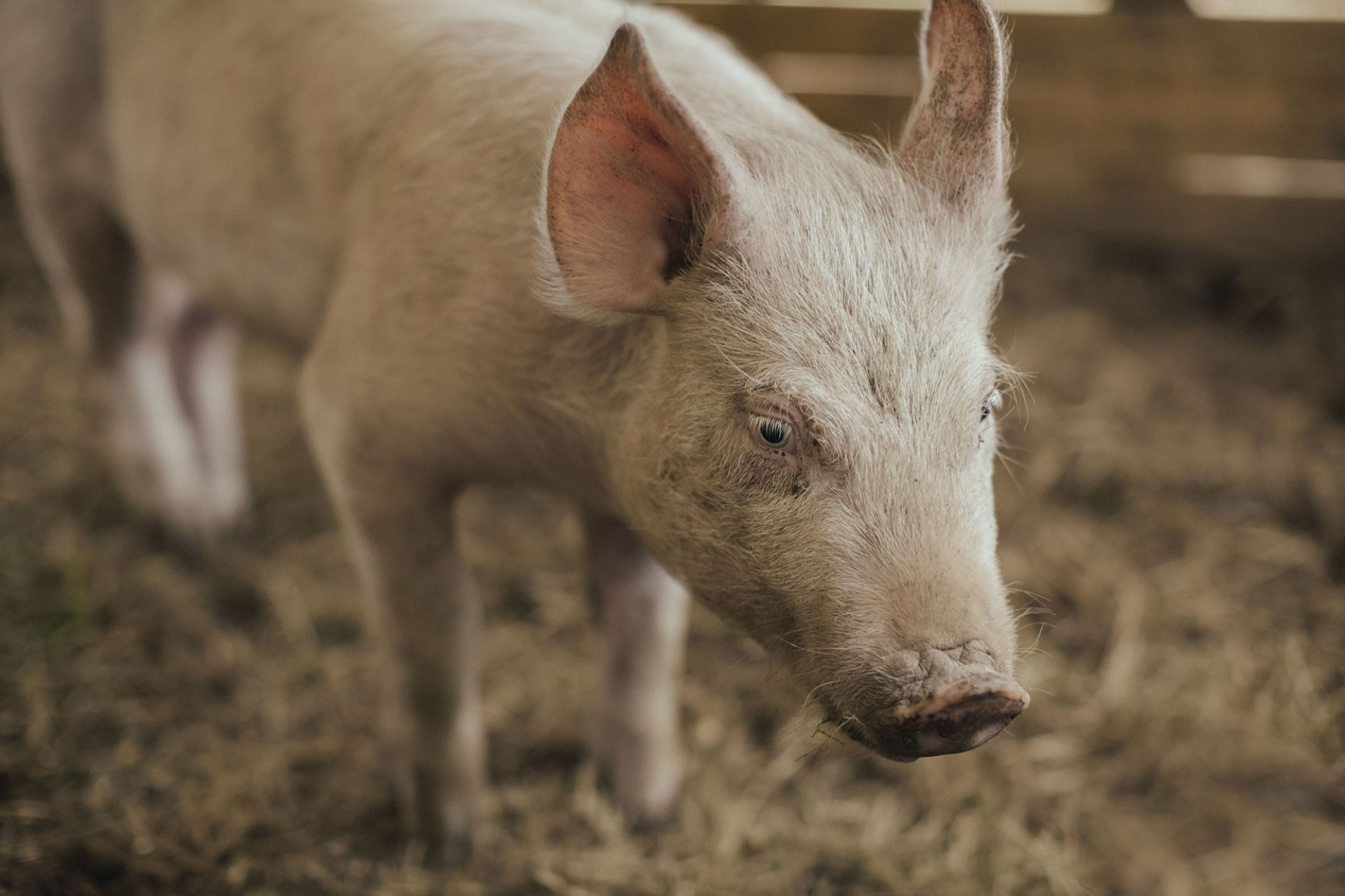
Let Us Eat Meat
Photo by Jaime Fritsch of Meat San Diego
